Eco Culture
Ecocritical Theory and Practice
Series Editor: Douglas A. Vakoch, METI
Advisory Board
Bruce Allen, Seisen University, Japan; Hannes Bergthaller, National Chung-Hsing University, Taiwan; Zlia Bora, Federal University of Paraba, Brazil; Izabel Brando, Federal University of Alagoas, Brazil; Byron Caminero-Santangelo, University of Kansas, USA; Simo Farias Almeida, Federal University of Roraima, Brazil; George Handley, Brigham Young University, USA; Isabel Hoving, Leiden University, The Netherlands; Idom Thomas Inyabri, University of Calabar, Nigeria; Serenella Iovino, University of Turin, Italy; Daniela Kato, Kyoto Institute of Technology, Japan; Petr Kopeck, University of Ostrava, Czech Republic; Serpil Oppermann, Hacettepe University, Turkey; Christian Schmitt-Kilb, University of Rostock, Germany; Heike Schwarz, University of Augsburg, Germany; Murali Sivaramakrishnan, Pondicherry University, India; Scott Slovic, University of Idaho, USA; J. Etienne Terblanche, North-West University, South Africa; Julia Tofantuk, Tallinn University, Estonia; Cheng Xiangzhan, Shandong University, China; Hubert Zapf, University of Augsburg, Germany
Ecocritical Theory and Practice highlights innovative scholarship at the interface of literary/cultural studies and the environment, seeking to foster an ongoing dialogue between academics and environmental activists.
Recent Titles
Eco Culture: Disaster, Narrative, Discourse edited by Robert Bell and Robert Ficociello
Southeast Asian Ecocriticism: Theories, Practices, Prospects edited by John Charles Ryan
Victorian Ecocriticism: The Politics of Place and Early Environmental Justice edited by Dewey W. Hall
Bhopals Ecological Gothic: Disaster, Precarity and the Biopolitical Uncanny by Pramod K. Nayar
Fallen Animals: Art, Religion, Literature edited by Zohar Hadromi-Allouche
Ecological Thought in German Literature and Culture edited by Gabriele Drbeck, Urte Stobbe, Hubert Zapf, and Evi Zemanek
The Horse in Literature and Film: Uncovering a Transcultural Paradigm by Francisco LaRubia-Prado
Water in Medieval Literature: An Ecocritical Reading by Albrecht Classen
Sustainability and the City: Urban Poetics and Politics edited by Lauren Curtright and Doris Bremm
Eco Culture
Disaster, Narrative, Discourse
Edited by
Robert Bell and Robert Ficociello
LEXINGTON BOOKS
Lanham Boulder New York London
Published by Lexington Books
An imprint of The Rowman & Littlefield Publishing Group, Inc.
4501 Forbes Boulevard, Suite 200, Lanham, Maryland 20706
www.rowman.com
Unit A, Whitacre Mews, 26-34 Stannary Street, London SE11 4AB
Copyright 2018 by Lexington Books
All rights reserved . No part of this book may be reproduced in any form or by any electronic or mechanical means, including information storage and retrieval systems, without written permission from the publisher, except by a reviewer who may quote passages in a review.
British Library Cataloguing in Publication Information Available
Library of Congress Cataloging-in-Publication Data
ISBN 978-1-4985-3476-5 (cloth : alk. paper)
ISBN 978-1-4985-3477-2 (electronic)
 The paper used in this publication meets the minimum requirements of American National Standard for Information SciencesPermanence of Paper for Printed Library Materials, ANSI/NISO Z39.48-1992.
The paper used in this publication meets the minimum requirements of American National Standard for Information SciencesPermanence of Paper for Printed Library Materials, ANSI/NISO Z39.48-1992.
Printed in the United States of America
Contents
Patrick Murphy
Robert Bell and Robert Ficociello
Amy Lantinga
Nicole L. Freiner
Peer Illner
Charles Byler
Kristen Chamberlain and Marceleen Mosher
Danielle Crawford
Kirk Boyle
Minna Niemi
Liane Tanguay
Erik Trump
Stephanie Hankinson
Hannah Stark
From the beginning of this project, I thank this series editor Douglas Vakoch, who contacted us about a possible collection of essays focusing upon our subject area of the Pop Culture/American Culture Association. The series is fantastic, and we are proud to be included. Lindsey Porambo has been gracious with her time and patience during the process of preparing the proposal and manuscript. The aforementioned PCA/ACA provides a structured and welcoming venue for individuals to disseminate their research, not only about the vital subject of environmental literacy but also about anything that we deem worthy of analysis. Holy Family University in Philadelphia continues to grant generous financial and academic support for me to attend PCA/ACA. To rely upon a clich, without the contributors efforts, research, and patience, this collection would not be possible. We were impressed continually by their hypotheses, analyses, and conclusions. To Robert Bell, the big idea guru, who is great to work with and against during these projects; Ive argued with you for almost twenty years. Twenty more?
Thanks to my familyVeronica, Salvatore, Uncle Bob, Todd, Erin, Kelsey, and Samanthafor expressing sincere interest and perhaps purchasing copies of this text. My love to Lucia and Marcus. You two probably challenge me the most on a daily basis and offer the most joy. Miss Alisonmy appreciation and love for your patience and support during this project and the past projects. Maybe one of these summers I will have nothing to do. Lets hope our children experience a better world than we now do.
I agree with everything Robert wrote above. To that let me add, a big thank you to Fic for being more personable and not as curmudgeonly as me. Twenty more years? Loyola University New Orleans has supported this research and my ability to attend the annual PCA/ACA Conference where much of this work was created for and discussed at. My number one, Brody, because of you and your friends, we need to solve the environmental crisis. It is solvable; the question is, is it doable. And to Wendy, thank you for putting up with me and projects that keep me away.
Patrick D. Murphy
The people in the United States, as well as many other nations around the world, find themselves living in a disaster culture with its traumatic effects functioning largely below the level of consciousness. There is a ubiquitous foreboding of the human-initiated random violence that saturates commercial media coverage of world events. There is a rising trepidation among significant social strata about the impacts of extreme weather events, whether recognized as early warnings of more dire environmental changes arising from accelerating climate change or merely the frequency and intensity of these phenomena in an increasingly overpopulated world. Paranoia appears widespread over the safety of children despite statistical evidence of an overall decline of violence against children in particular and a decrease of violent crimes in general. An underlying disease also circulates about personal pollution from toxins, superbugs, and epidemics, most readily represented by the popularity of movies and television series devoted to zombies, contagious diseases, epidemics, and alien invasions. At the same time, there is a subterranean yearning for an apocalyptic event that will upend this world and serve as a harbinger for something new and different requiring and enabling heroism and tenacious survivability that generates individual meaning after living lives of quiet desperation.
The popularity of The Walking Dead , broadcast not only in the United States on AMC but internationally by Fox networks, must have made George Romero, director of the 1968 Night of the Living Dead , feel like a prophet of the post-Baby Boomer generations milieu. The ironic ending of that film in which the lone survivor, an uninfected African American man, is nevertheless killed in the zombie clean-up operation as a casualty of collateral damage, must have felt to him like a moment of prescience as he witnessed the failures of every level of government to attend to the largely African American community of New Orleans left marooned at the Superdome. The disaster there was not the flooding of New Orleans by Hurricane Katrina, since that had long been predicted. Rather, it was the refusal to take environmentally prudent preventive actions and to develop evacuation procedures for a population largely too poor to participate in automobile ownershipthe assumed primary means of exodus.

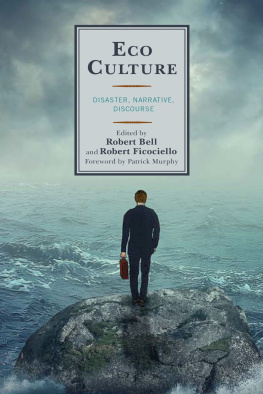
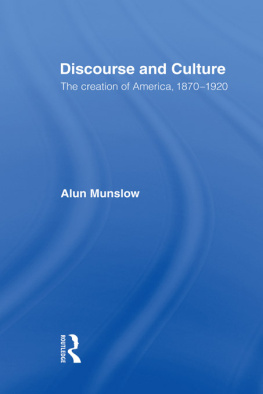
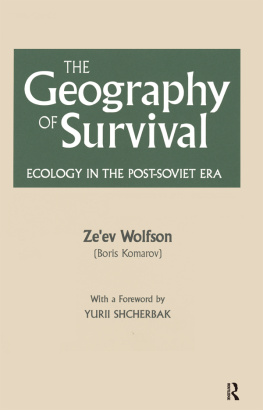

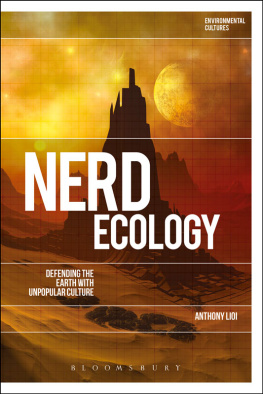
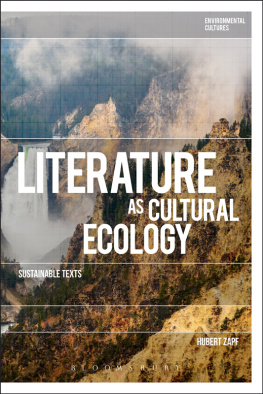
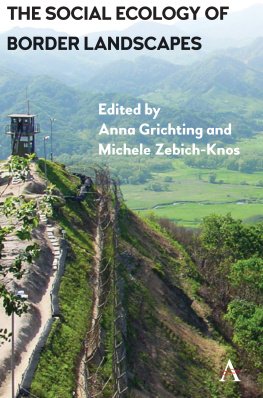
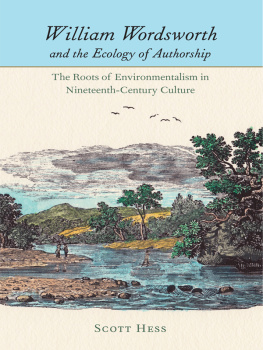
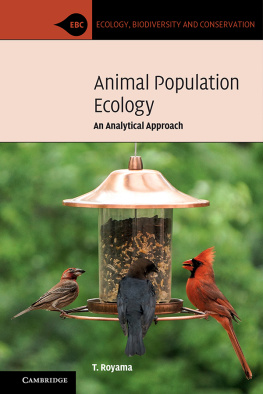
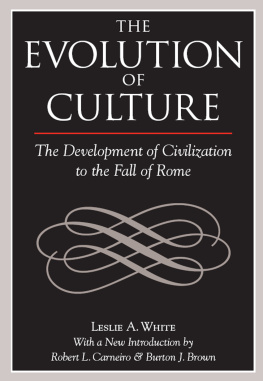
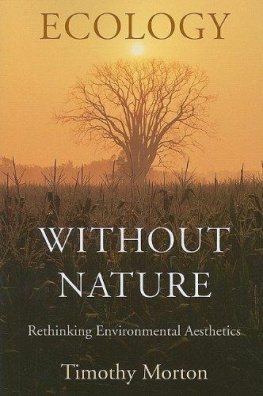

 The paper used in this publication meets the minimum requirements of American National Standard for Information SciencesPermanence of Paper for Printed Library Materials, ANSI/NISO Z39.48-1992.
The paper used in this publication meets the minimum requirements of American National Standard for Information SciencesPermanence of Paper for Printed Library Materials, ANSI/NISO Z39.48-1992.